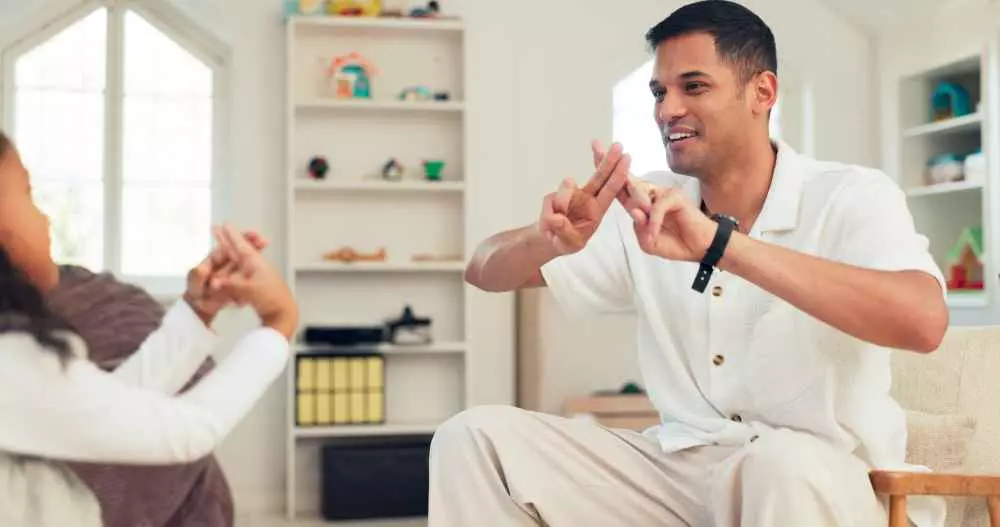How to support the development of interpersonal skills in people with disabilities?
Lorem ipsum dolor sit amet, consectetur adipiscing elit. Integer pellentesque accumsan turpis, sed laoreet odio eleifend a. Morbi facilisis, tellus vitae aliquet interdum, nisl nisi posuere leo, sed convallis felis felis vel sem. Etiam et mauris vitae nunc blandit tincidunt. Sed non massa nulla. Aliquam erat volutpat. Sed sit amet fermentum nulla. Sed aliquam sollicitudin orci bibendum venenatis. Donec a tortor sed erat eleifend ultricies. Morbi gravida dui at erat congue, in cursus purus cursus. Aliquam egestas eleifend elit, sodales tincidunt massa maximus aliquam. Duis eu risus sit amet dolor tincidunt tincidunt vitae sed enim.
1. Understanding needs and skills
To support the development of interpersonal skills in people with disabilities, it is crucial to understand their individual needs and skills. Disabilities can vary from person to person, so it is important to tailor supportive strategies to specific conditions. The level of interpersonal skills should also be taken into account so that the development process can be planned at the appropriate level.
2. Create a safe and supportive environment
For people with disabilities, who often experience some communication barriers, it is important to create a safe and friendly environment that encourages interaction and expression of their thoughts and needs. It is worthwhile to ensure that the space is accessible so that a person with a disability can move freely. In addition, an atmosphere of acceptance and respect should be created so that a person with a disability feels comfortable in establishing interpersonal relationships.

3. Stimulate verbal and non-verbal communication
To promote the development of interpersonal skills in people with disabilities, it is important to stimulate both verbal and nonverbal communication. People with disabilities may have difficulty expressing their thoughts verbally, so it is worth encouraging the use of other forms of communication, such as gestures, facial expressions, pictures or writing. It is also important to give time to respond and express oneself so that the disabled person has the opportunity to participate in the conversation.
4. Therapeutic and educational support
People with disabilities can benefit from various forms of therapy and educational support to help them develop interpersonal skills. Depending on individual needs, speech therapy, occupational therapy, social skills training, or sensory therapy can be used. It is important to provide appropriate therapeutic support to help the disabled person cope with any communication and interaction difficulties.
5. Organize group activities and social gatherings
To enable people with disabilities to develop interpersonal skills, it is worthwhile to organize group activities and social gatherings. This is an excellent opportunity to practice communicating in different contexts and with different people. Such meetings can include group games, workshops, or symposia. It is also important to consider diversity and tailor activities so that each person can fully participate and benefit from such meetings.
Summary
Supporting the development of interpersonal skills in people with disabilities is a process that requires understanding, patience and appropriate support. Creating a safe and welcoming environment, stimulating verbal and non-verbal communication, providing therapeutic support and organizing group activities and social gatherings are crucial. By giving people with disabilities a chance to develop these skills, we help them participate fully in society and improve their quality of life.
Add comment